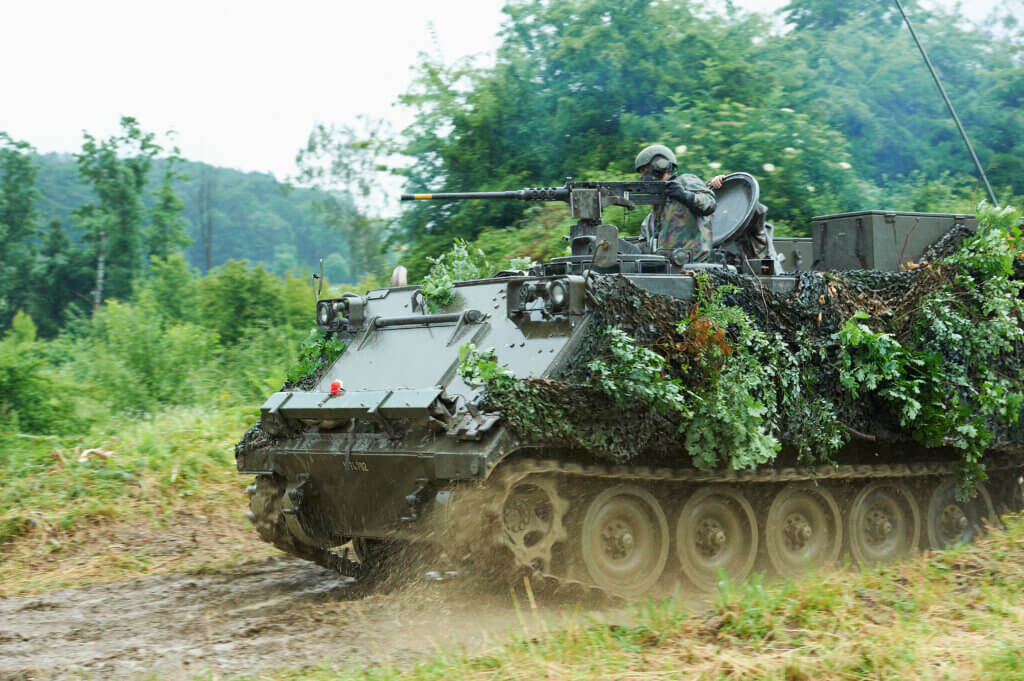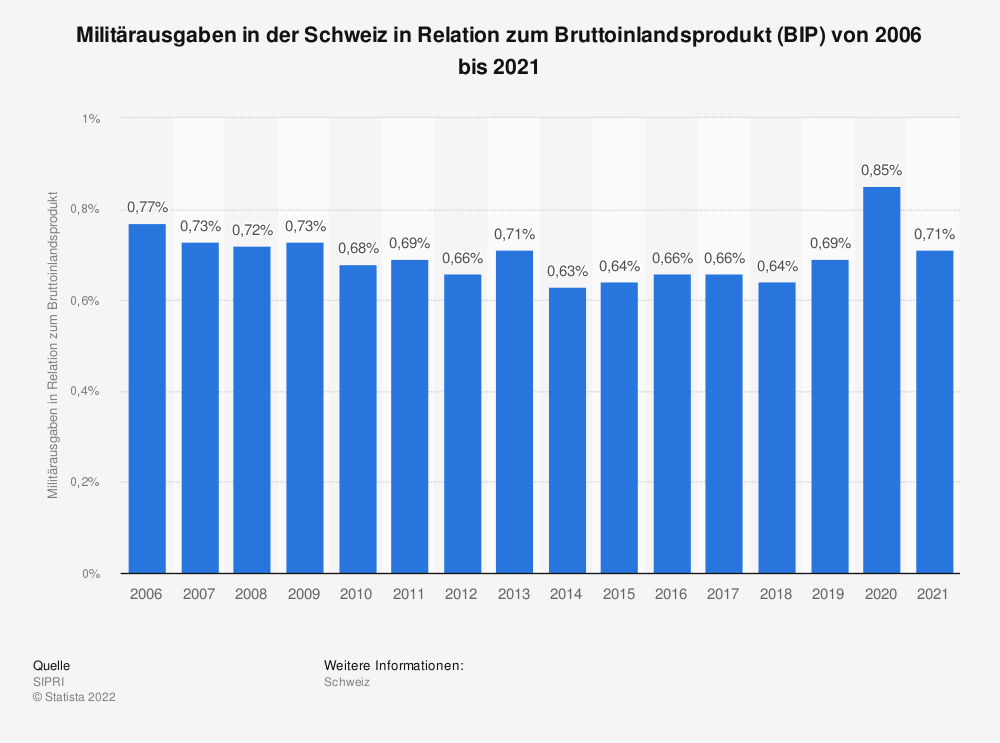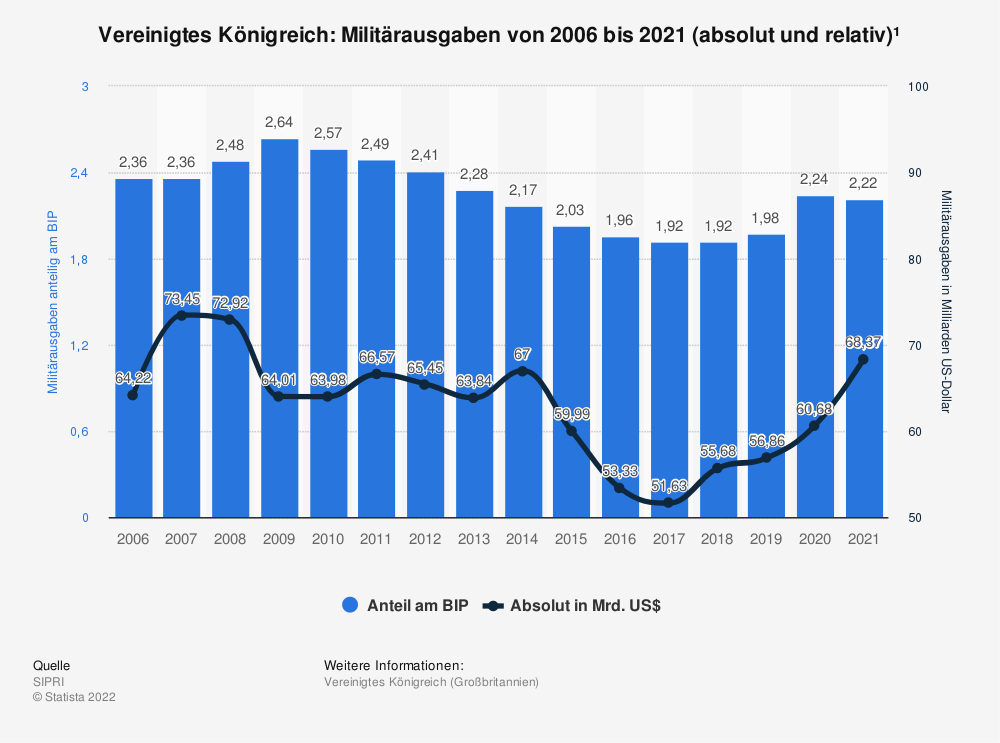
Switzerland has its back to the wall financially. But when it comes to saving money, the Federal Council is just playing games, as examples concerning the EU and the reduction of the defense budget show.
The Federal Council actually does think strategically, but when it comes down to it, it plays tactical games. Citizens can see this in the Swiss government’s desire to save money.
Where cuts should be made in the budget – such as in job growth in the federal administration – they are not.
Stretching the debt brake
And where savings can hardly be made, the Federal Council simply reduces the budget.
On the one hand, this is likely to happen because the effects of austerity exercises are not immediately felt in the short term and, above all, by the people.
On the other hand, if the costs are incurred after all, it is urgent and then the country’s leadership cannot help it if the debt brake is not adhered to.
Compulsory contribution
All this is clearly evident in Switzerland’s mandatory contribution to the EU’s Horizon research program and in the defense budget.
According to the administration, both are being cut in the financial plan simply because Switzerland has its back to the wall financially, as muula.ch recently reported.
The Swiss compulsory contribution, which would have been necessary for an association to the European research framework program Horizon Europe, is no longer to be budgeted for from 2024, it was announced succinctly.
Cautious accounting
The Federal Council continues to strive for association, but the EU is currently not willing to talk about it. So the Swiss government is simply passing the buck. After all, the measure brings 0.6 billion Swiss francs of fresh financial air for Switzerland.
If the EU then suddenly wants to talk to Switzerland after all, or if the country then surprisingly agrees to the long-term payment, the budget overrun would be positive for Switzerland and the spending would be desirable. The Federal Council can then do nothing about it.
It is also unclear why the Federal Council would like to join the Horizon program, but no longer has the money available for it. A prudent businessman would most probably budget differently.
Increase instead of cut
And according to the Federal Council, army spending is to grow more slowly than envisaged in the 2024-2026 financial plan. For 2024, the national government foresees an army budget of a good 5.6 billion Swiss francs, but this means that 0.3 billion Swiss francs will be saved.
But everyone knows that in view of the Ukraine war, Switzerland, like virtually every country, is actually facing higher defense spending.
Switzerland is unlikely to avoid increasing its military budget, since it spends comparatively little on national defense anyway and neighboring countries will hardly accept Switzerland’s free-riding because of their own empty coffers.
Increasing GDP shares
NATO Secretary General Jens Stoltenberg put it in a nutshell. He expects alliance member states to adjust the two percent spending target upward from their respective gross domestic product GDP.
“I expect that there will be a new target in defense spending when we meet in July this year for the Nato summit in Vilnius,” Stoltenberg told Wednesday’s “Welt” newspaper.
“The two percent target was initially for a decade, so up until 2024, so we have to update it now.”
Success over brutality?
“Russia has launched a war of aggression against an independent, sovereign nation, and it would be a tragedy for Ukraine if President Putin gets away with it. It would also be dangerous for us, because then Putin and other authoritarian government leaders would know that they can achieve their goals with brute force,” Stoltenberg continued.
It is therefore in all of our security interests to ensure that Ukraine gets its way.


“The autocrats of this world are watching closely to see how we respond to this invasion. We have also learned that Russia has used energy supplies as a weapon. And China is also using its economic power to serve its interests,” the NATO chief stressed.
It must be understood that economic decisions can have security policy consequences, he explained.
U.K. shows greatness
NATO is struggling to increase defense spending to more than two percent of GDP. The Swiss Federal Council has just cut the military budget – although, as the table shows, Switzerland spends just 0.7 percent of its GDP on defense.
A comparison with the United Kingdom, which is no longer a member of the EU, shows that the country spends nearly 70 billion dollars each year on the military. That makes Switzerland’s 5 billion Swiss francs look pretty puny.
Neighbors should help
And the next time there is a threat to Switzerland and the air force is not available because the Swiss air squadron only waits for attacks during office hours, then surely EU states like France and Italy will again be allowed to defend Switzerland’s sovereignty with their interceptors … Or?
After all, tactical games usually don’t bring much strategically.
26.01.2023/kut./ena.




